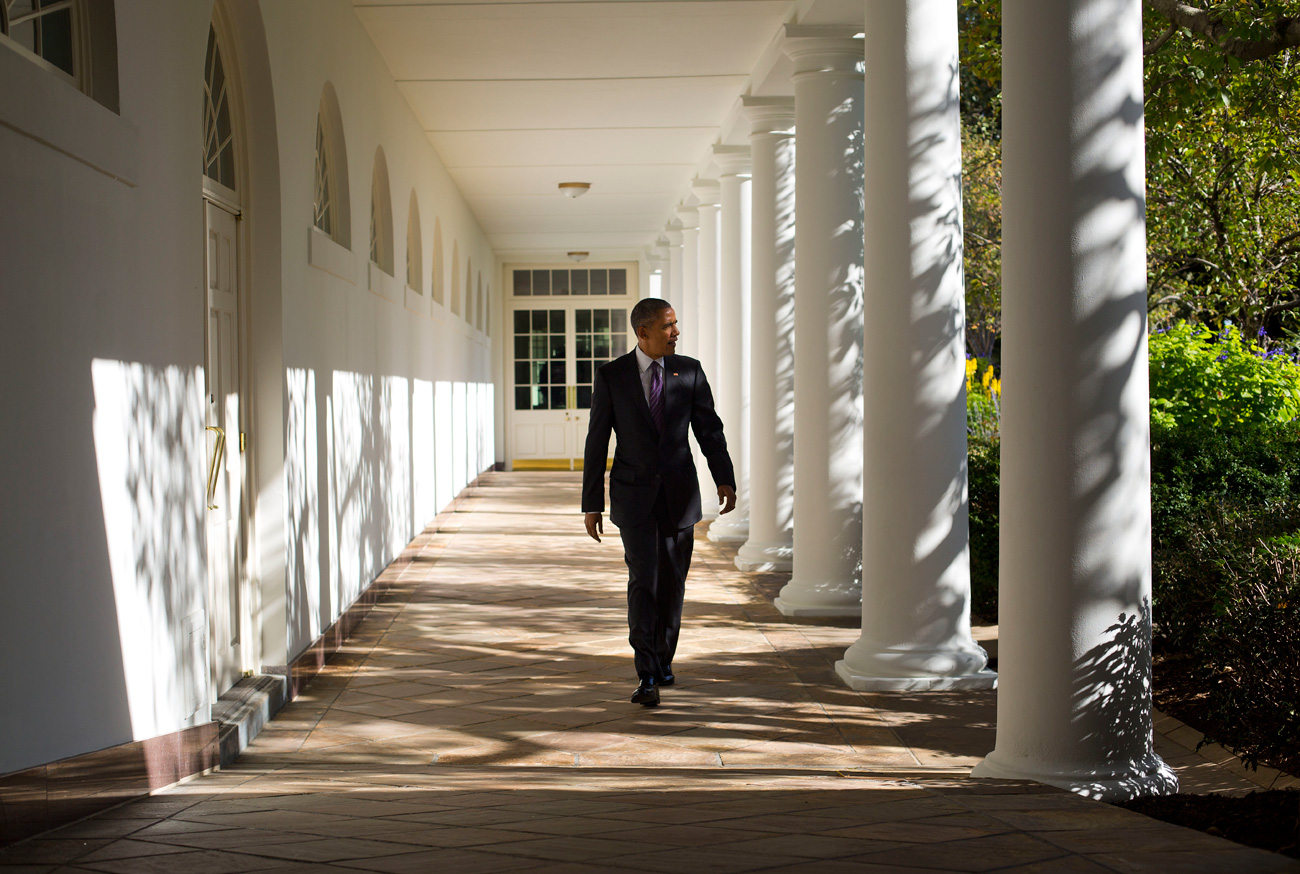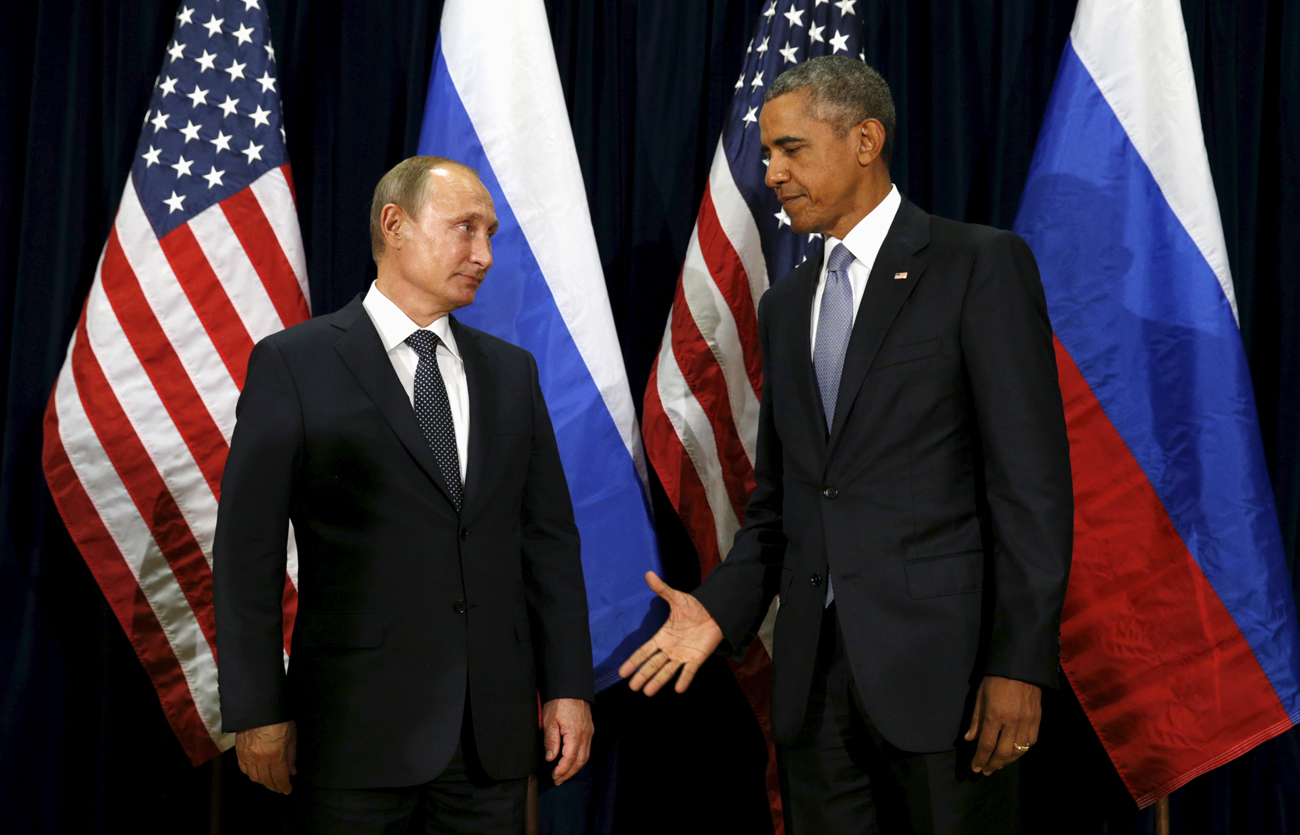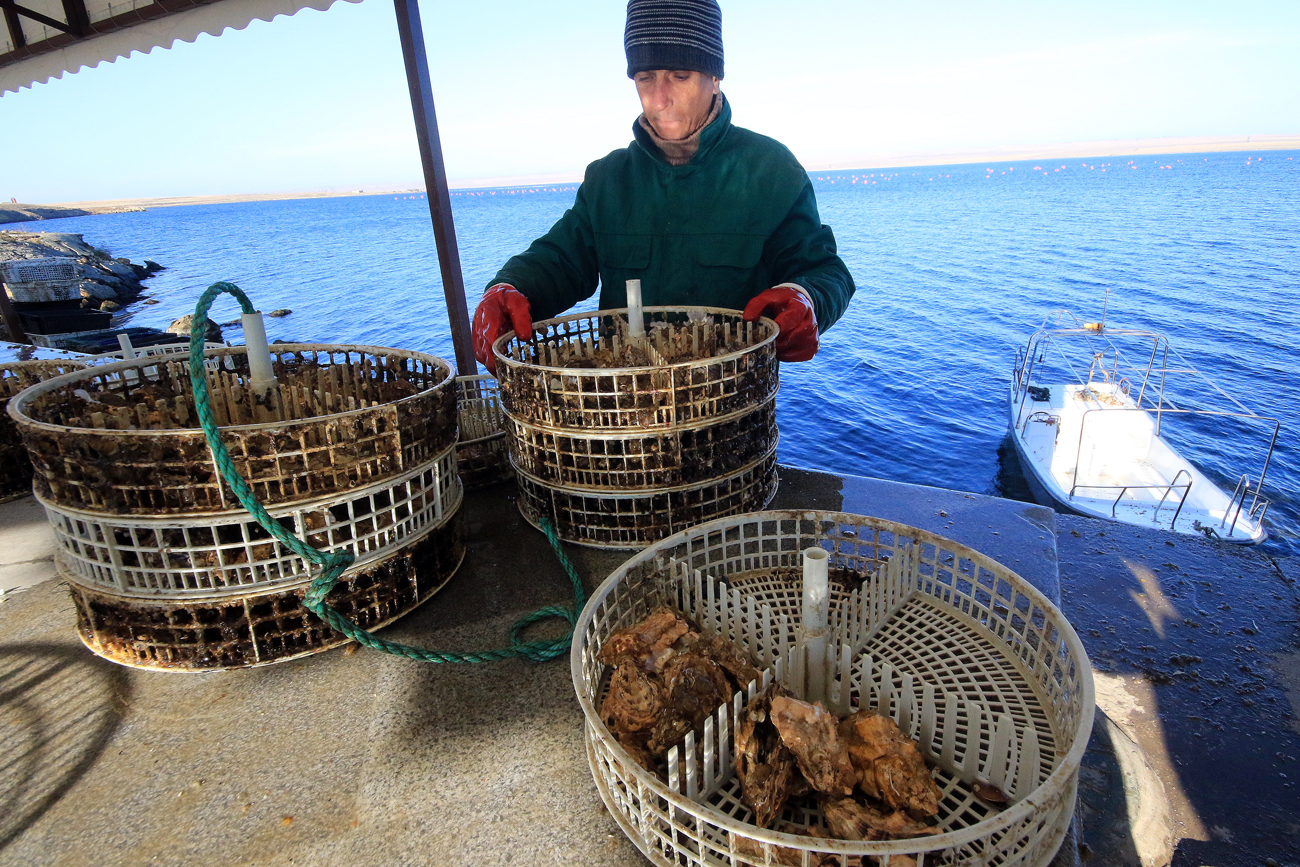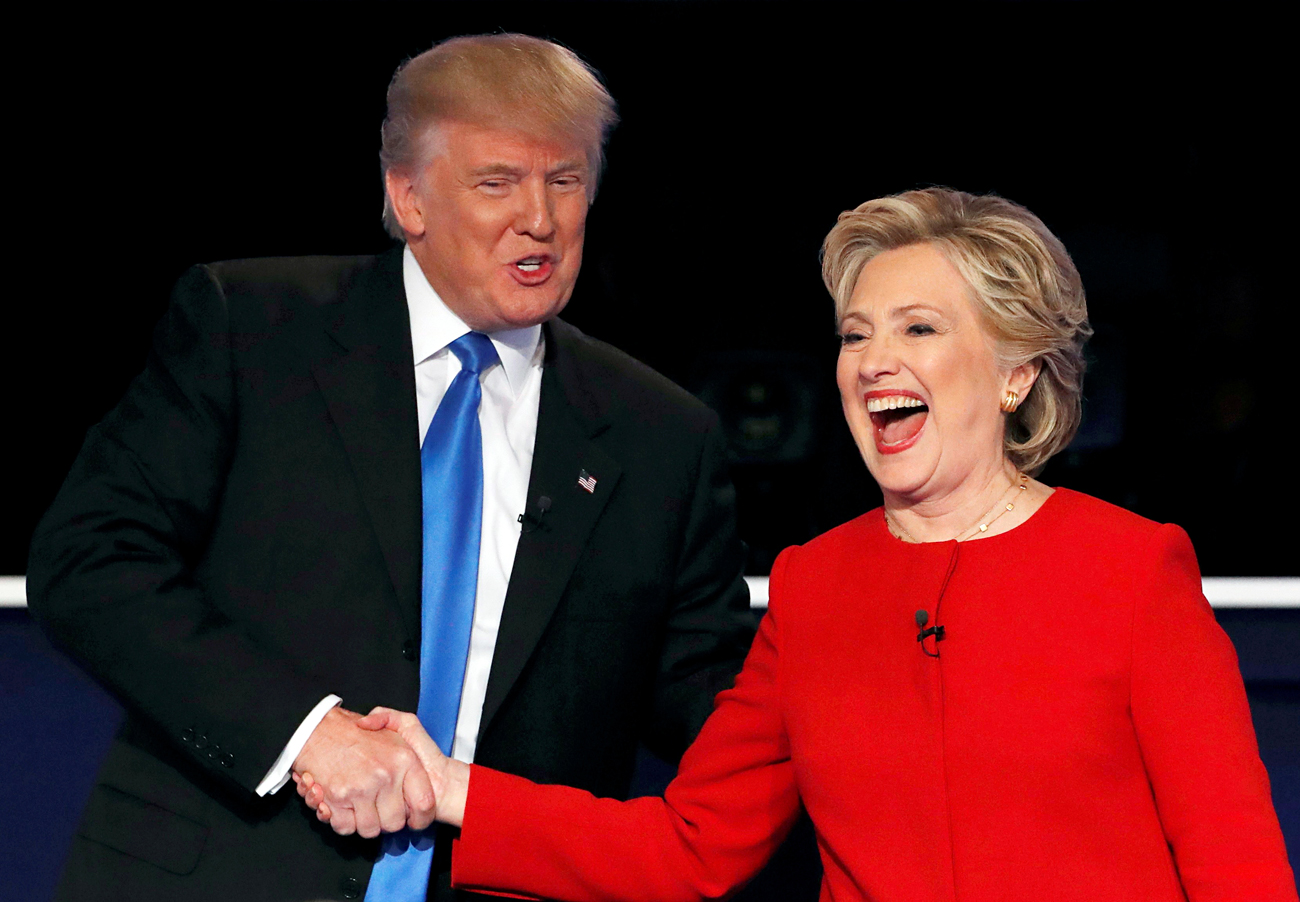U.S. extends sanctions against Russia ahead of Trump inauguration

President Barack Obama walks down the White House Colonnade from the main residence to the Oval Office on Nov. 8, 2016, in Washington.
APThe United States has extended its sanctions against Russian to blacklist 17 additional entities related to various projects in Crimea, which the U.S. considers to have been unlawfully annexed from Ukraine in 2014.
The new list includes seven individuals, eight companies, and two vessels, all either related to the Russian government and Russia’s development projects in Crimea, or presumed to have links to the crisis in Ukraine.
Transatlantic solidarity
The two executive orders designating new targets for the U.S. sanctions represent, possibly, the last effort of the Obama administration to demonstrate unity with the European Union, which recently renewed its sanctions against Russia for yet another six-month period.
Although issued by the U.S. Treasury Department, the orders likely represent the willingness of the Obama administration to reassure the United States’ European allies of Washington’s commitment to its stance on Russia. The move, which besides its practical importance carries a certain symbolic weight, comes in anticipation of President-elect Donald Trump’s inauguration, which is widely believed will alter U.S. foreign policy significantly.
For the time being, however, the Obama administration seems unshaken by Trump’s critique of the current U.S. policy towards Russia. “Today’s action is in response to Russia’s unlawful occupation of Crimea and continued aggression in Ukraine,” said Acting Director of the Office of Foreign Assets Control at the U.S. Department of Treasury John E. Smith in a press release prepared by the department.
“These targeted sanctions aim to maintain pressure on Russia by sustaining the costs of its occupation of Crimea and disrupting the activities of those who support the violence and instability in Ukraine,” said Smith.
Under sanctions
The companies targeted include Crimean Railways and Crimean Ports, companies funded by Russia’s federal government to maintain railway and maritime transportation in Crimea, as well as companies working on the construction of the Kerch Bridge, a strategic piece of infrastructure connecting Crimea with Russia’s mainland.
All but one of the individuals included in the new list hold executive positions within Bank Rossiya or its affiliated entities, who the U.S. accuses of “providing material support to a senior official of the Russian Federation.”
The seventh and last individual to be added to the sanctions list is a peculiar exception. Yevgeny Prigozhin, a St. Petersburg businessman and restaurateur, is being accused of having “extensive business dealings with the Russian Federation Ministry of Defense” and overseeing the construction of military bases on the border with Ukraine. Previously, the Russian news publication RBK speculated (in Russian) about Prigozhin’s ties to Russian private military companies operating in Syria.
Trump’s choice
Donald Trump’s reconciliatory tone towards Russia and President Vladimir Putin is being fiercely criticised in the U.S. mass media, which is continuing to question his choice of Michael T. Flynn as national security adviser and Rex Tillerson as Secretary of State.
Critics present Trump’s selection of the two men, known for their established working relations with Russia, as a sign of the president-elect’s commitment to find common ground and work toward reconciliation with Moscow even if such a move may come at the expense of the current transatlantic policy with its focus on pressuring Russia over the crises in Ukraine and Syria.
Donald Trump, who will be sworn into office on Jan. 20, 2017, will have to develop his own policy towards Moscow, which many in Russia expect to be less bellicose than that of the Obama administration.
Although the current executive orders do not limit Trump’s options in any way since the new president has the power to revoke them, they may put additional pressure on Trump because such a move will require a public demonstration of his intention to alleviate the pressure on Russia, which is likely to trigger criticism from both Congress and the mass media, as well as from some EU members who may then question Washington’s commitment to transatlantic relations.
Read more: 8 things that connect Donald Trump with Russia>>>
Subscribe to get the hand picked best stories every week
All rights reserved by Rossiyskaya Gazeta.
Subscribe
to our newsletter!
Get the week's best stories straight to your inbox


